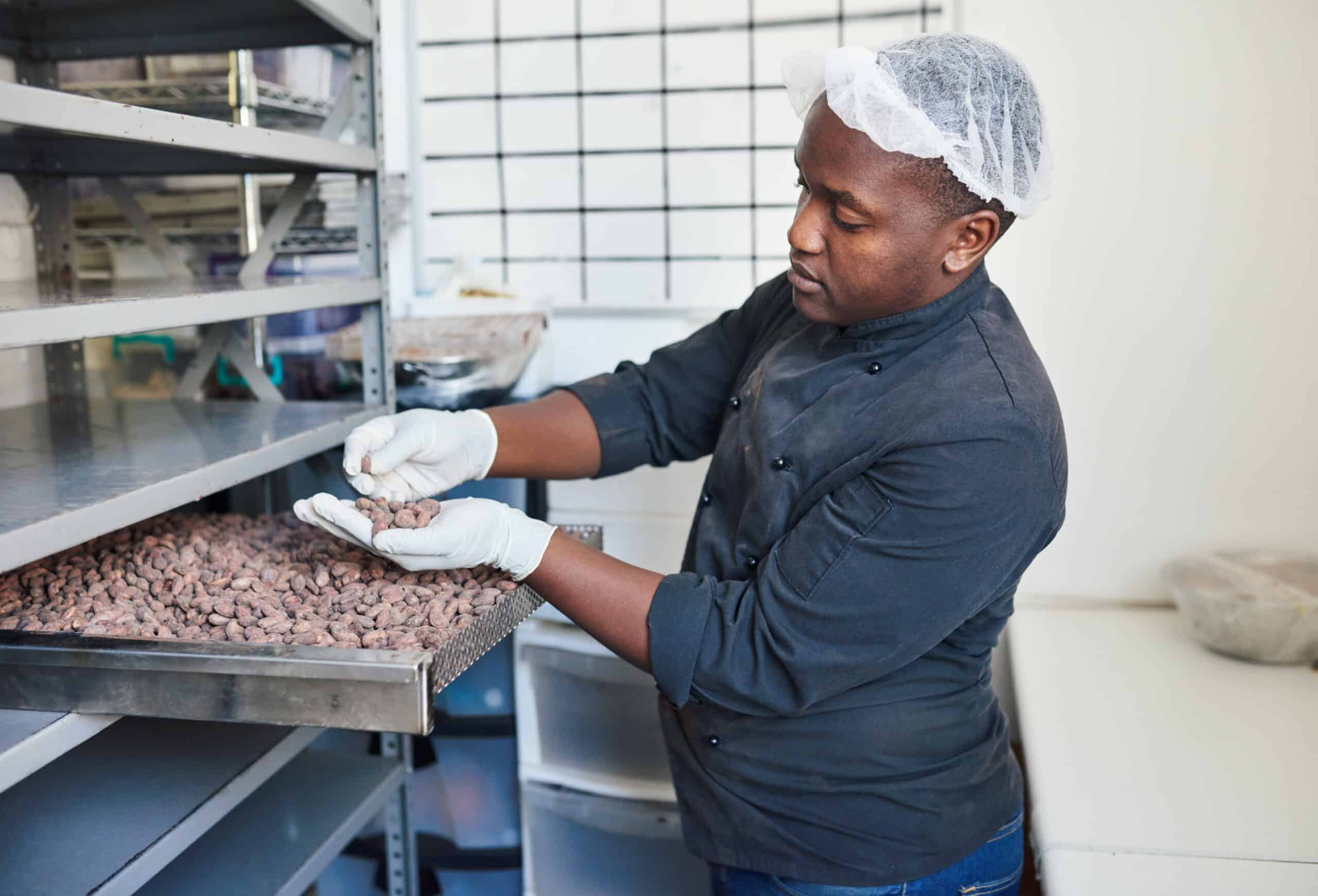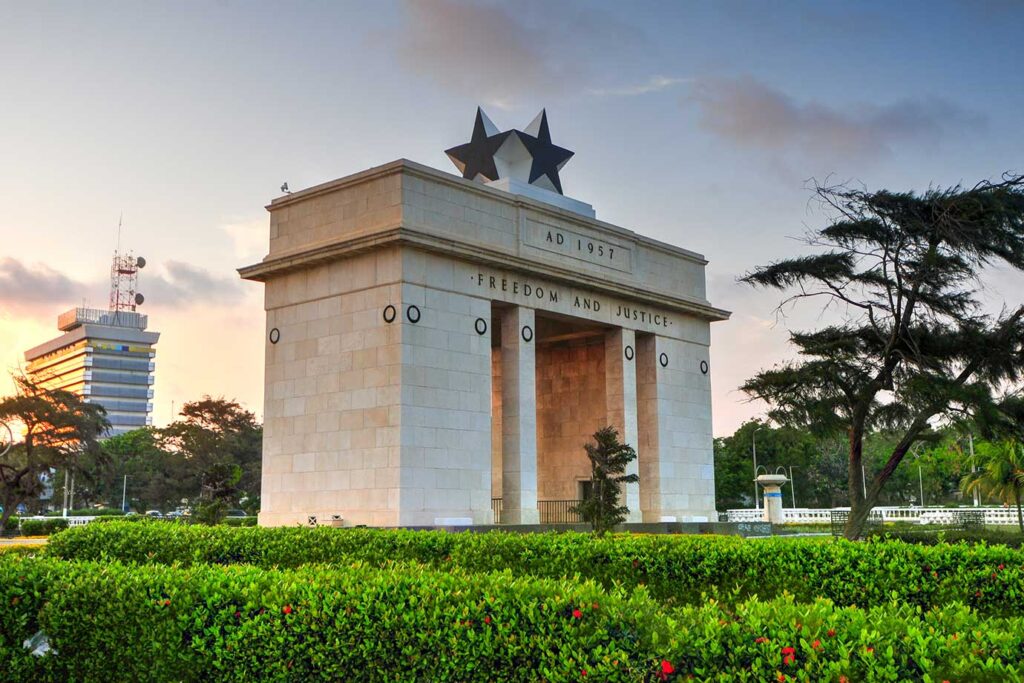Client
The client for this project was Togo’s Ministry of Agriculture, Livestock, and Rural Development, with support provided by the World Bank. Togo’s agricultural sector is the backbone of their economy, accounting for over 40% of the country’s GDP. The government has drafted a strategic roadmap with the specific goal of boosting trade and job creation by building on their current economic strengths.
With agriculture being the primary employer in rural areas, this initiative has led to a dedicated commitment to transform Togo’s agricultural sector. This should in turn boost agricultural output and increase the demand for new food processors, post-harvest facilities, and other related infrastructure enabling the sector to realise its potential as a major force for the country’s economic recovery. As Togo is home to West and Central Africa’s largest natural deepwater port, the potential benefits of this initiative cannot be understated.
Problem
Non-tariff measures (NTMs), especially sanitary and phytosanitary requirements, which are regulated by international standards, were a significant challenge for Togolese farmers and food producers. A review of Togo’s national sanitary and phytosanitary system revealed that it fell short of international requirements and needed to be upgraded. These failings were preventing many agricultural products from accessing export markets and limited the sector’s potential for economic growth.
Meeting the required standards would be key to the Togolese government’s agricultural-based poverty reduction strategy, which included increasing business opportunities, reducing poverty, and alleviating the economic and social burdens caused by sanitary and phytosanitary challenges.
In addition to this, the infrastructure required for the implementation of sanitary and phytosanitary measures was also found to be below international standards, and in need of strengthening. To meet this requirement, an additional undertaking was implemented on behalf of ITRA – Togo’s agriculture research institute dedicated to rural development and professionalisation.
Solution
Our food sanitation consultants developed a two-phase approach to bring Togo’s national sanitary and phytosanitary system in line with international standards.
The first phase consisted of evaluating Togo’s national sanitary and phytosanitary legislation and regulatory framework, with a view to aligning them with international standards. As part of this, our team outlined a national sanitary and phytosanitary policy and implementation action plan. This plan aimed to systematically upgrade existing practices, enhance compliance with global health and safety norms, and would also address the responsibilities of stakeholders.
Once the national strategic sanitary and phytosanitary policy had been established, the second phase could begin. This focussed on preparing a strategic development plan for ITRA’s laboratories. To achieve this Farrelly Mitchell visited ITRA’s laboratories and hosted preliminary discussions with ITRA and the World Bank. Our team worked with both organisations to develop a vision and establish expectations regarding legal and institutional requirements. This resulted in the creation of several documents and templates including a strategy map, balanced scorecard, performance measurement framework, and operational planning matrix.
To build a consensus, and ensure alignment on these new policies and standards, a technical committee of stakeholders was strengthened. Farrelly Mitchell organised several workshops with this committee where they could question, discuss, exchange ideas, and ultimately gain an understanding of how the strategic development plan would be implemented.
Upon concluding these workshops, a detailed implementation roadmap, including budgeting provisions, a human resource and capacity building plan, and a monitoring and evaluation framework, was developed and disseminated to relevant stakeholders and governing bodies. These were subsequently ratified by government stakeholders to ensure they met the standards and criteria outlined by the client.
Result
The national sanitary and phytosanitary policy developed during the course of this project has set the standards for sanitary and phytosanitary measures throughout the country, and indeed throughout much of the Sub Saharan region. It underpins a five-year action plan, which will run from 2024-2028, and will create a more coordinated, safer, and inclusive rural economy in Togo.
The project has given the Togolese government a solid basis for securing further financing. This is a crucial point as implementing the policies and procedures developed within the project is likely to cost an estimated $37m.
In addition to this, the documents produced as part of this project are foundational for communicating the importance of food safety as well as the steps required to ensure regulatory compliance. They provide the government and food safety advocates in the region with practical and effective policy documents. The consistent and widespread implementation of these measures will ultimately have a significantly positive impact on Togo’s sanitary and phytosanitary system and the development of trade in the region.
At Farrelly Mitchell, we are dedicated to driving positive change through strategic policies and innovative solutions that foster real growth. Our approach centres on collaborating with stakeholders to tailor solutions that are both practical and impactful. We help governments, NGOs and private investors to introduce modern technologies and work practices that help streamline agricultural processes, enhance productivity, and connect small-scale businesses with global markets. This support not only boosts local economies but also facilitates the integration of local businesses into the broader global economic system, enabling them to compete, trade and thrive on an international stage.
Our services include food safety, traceability and transparency, supply chain optimisation, technology and innovation, nutrition and food security, policy and regulation, and much more. Contact us today to meet with our team and discuss how we can help you achieve your strategic objectives and overcome the food safety challenges you are facing.








